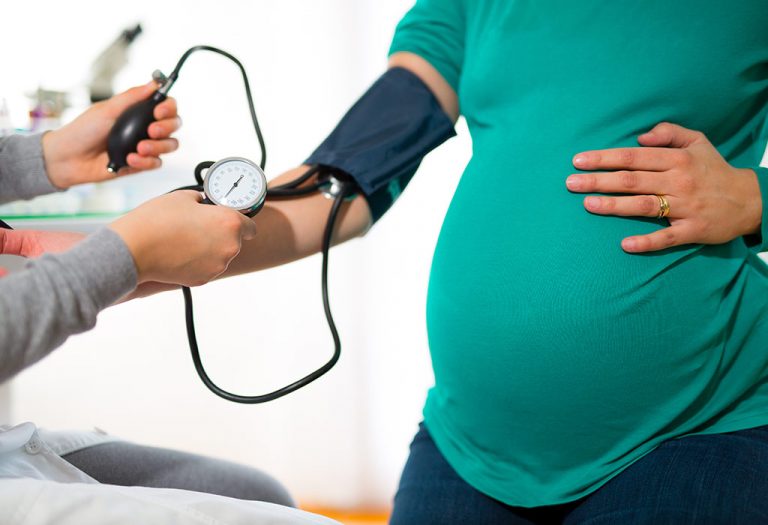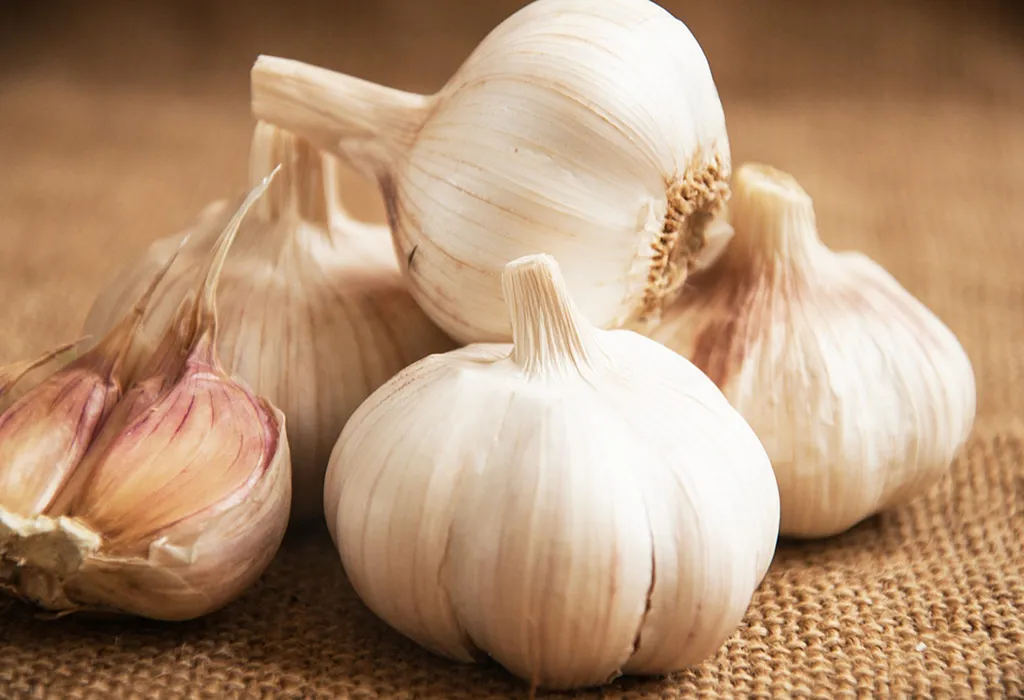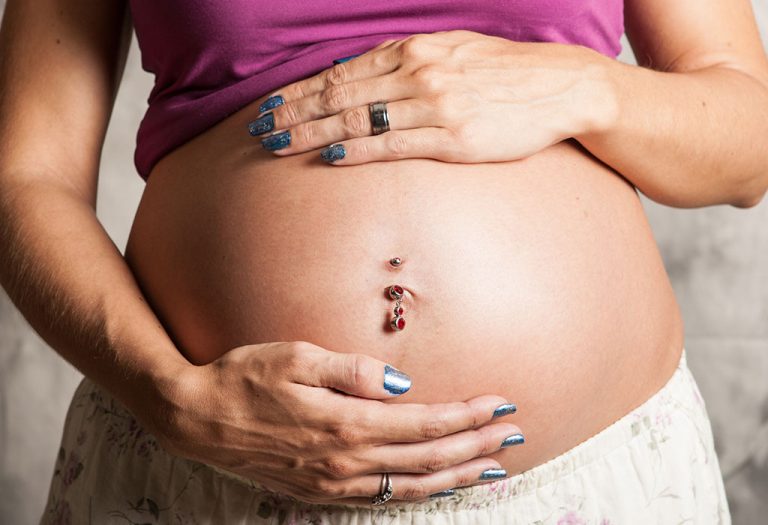Blood Pressure (BP) and Pregnancy

When a woman is pregnant, she has to go to great lengths to take care of herself to ensure that her baby is healthy and develops properly. One of the many important things to maintain during the pregnancy phase is blood pressure. BP and pregnancy are closely linked, as changes in blood pressure can affect both the mother’s health and the baby’s development. Women with high blood pressure during pregnancy are more likely to have complications. It could risk the life of both the mother and the to-be-born child. A keen eye for subtle differences in the body and a few lifestyle changes may go a long way in keeping you healthy. Stay with us as we uncover the risks, warning signs, and easy ways to keep your blood pressure in check for a healthy and happy pregnancy journey!
What Is Normal Blood Pressure in Pregnancy?
The blood pressure changes during pregnancy. For a woman, the normal blood pressure in pregnancy should be between 110/70 and 120/80. If the pressure readings go up to 130/90, then you are likely to have high blood pressure, and if it is below 90/50, then you may have low blood pressure (1) (2).
It is essential that you get your blood pressure examined during pregnancy. Blood pressure levels may indicate potential problems, which can occur during pregnancy. Most women may not develop high pressure during this time. However, some women might develop high pressure or hypertension. A mild increase is most often observed. Sometimes the high blood pressure may become severe, causing harm to both the mother and baby. 8% of women experience high blood pressure during a pregnancy instead of low blood pressure, which is quite natural.
How Is Your Blood Pressure Measured?
Blood pressure is measured by capturing the systolic (top) and diastolic (bottom) number.
The systolic number (top number) is the amount of pressure in your arteries when the heart muscles contract. This is called systolic pressure. The diastolic number (bottom number) refers to your blood pressure when your heart muscle is between beats. A normal reading will show a top number between 90 to 120 and a bottom number between 60 to 80.
Your doctor will use a small monitor to measure your blood pressure during your regular checkup. You will be required to remove any tight clothing from the arm and to wrap a cuff above the elbow; the doctor will start pumping air into it. This makes the cuff tighten. Then the air in the cuff is released. This cuff is attached to the monitor, which calculates the blood pressure and shows the reading. The reading will look like a fraction, for example, 110 (systolic number)/70 (diastolic number) (3).
Why Is Blood Pressure Measured During Pregnancy?
Monitoring of the BP when pregnant is important to eliminate any risks and complications that may affect the mother and the baby. Women with mildly high blood pressure may have a normal pregnancy. The blood pressure falls slightly during early pregnancy and then returns to pre-pregnancy in the 3rd trimester.
However, the higher the blood pressure, the greater the problems during pregnancy. There is a risk of other medical conditions like diabetes or kidney-related diseases if the pregnant woman has severe high blood pressure.
How Does BP Change During Pregnancy?
It is normal for the blood pressure to change during pregnancy. This is part of the cardiovascular changes during pregnancy. Pregnancy causes the volume of blood to increase slowly by about 40-50%, which in turn increases the heart rate, stroke volume, and cardiac output. The blood pressure will reduce in the second trimester due to these changes in the cardiovascular system.
How to Monitor Blood Pressure When Pregnant?
During pregnancy, the BP is monitored every time you visit your doctor for a checkup. However, it is also important that BP is checked at home, which will help monitor any changes in blood pressure that may go unnoticed otherwise. Risk preeclampsia may develop during pregnancy. Therefore, doctors advise tracking BP at home as well.
High Blood Pressure During Pregnancy
Blood pressure may be present during or before pregnancy and comes at different stages. The following are the types of high blood pressure during pregnancy (1) (2) (4) (5):
- Chronic hypertension is also known as pre-existing high BP, and it is the pressure of the blood before 20 weeks of pregnancy. This occurs in women who have developed high BP before pregnancy. In this condition, the BP remains high even after conception.
- Gestational hypertension or pregnancy hypertension refers to high BP developed in 20 weeks after gestation. Though this is not a major problem, you may consult your doctor for special care. This also does not result in an increase of protein in the urine.
- Preeclampsia is a condition where there is a high amount of protein in the urine and high BP after 20 weeks of pregnancy. This should be treated, or else it can lead to major complications for the mother and the baby.
Low Blood Pressure During Pregnancy
Hypotension, also known as low blood pressure, is when the average blood pressure for a pregnant woman is 90/60 or lower. This is a dangerous condition because it stops the supply of oxygenated blood to your body and heart (6).
Few Causes of Hypotension Are (7):
- Heart ailments: Several heart ailments such as malfunctioning of the valves of the heart, a very low heart rate, heart failure, and heart attack can cause low blood pressure.
- Dehydration: Inadequate quantity of water in the body can cause a drop in the volume of blood, causing low blood pressure.
- Pregnancy: The increased need for blood in the body leads to a rapid expansion of the circulatory system. This usually causes a drop in blood pressure.
- Loss of blood: An injury which causes excessive bleeding or an internal haemorrhage can lead to low blood pressure.
- Severe infection (septicemia): Caused by the seeping of infected blood into the bloodstream, septicemia causes dilation in the arteries. This leads to septic shock, which is characterised by persistent hypotension.
- Anaphylaxis: This is an allergic reaction to insect venoms, medications, foods, and latex, and it can be a reason for low blood pressure.
- Malnutrition: A lack of Folate and vitamin B-12 lead to anaemia and can cause a drop in the blood pressure.
- Endocrinal problems: Low blood sugar, thyroid conditions, diabetes, and adrenal insufficiency can lead to low blood pressure.
- Medications of certain kinds: Alpha-blockers, water pills, anti-depressants, beta-blockers, and drugs for Parkinson’s disease are among the medications which may cause low blood pressure.
Complications Occurring Due to High Blood Pressure During Pregnancy
Some women may have high blood pressure or preeclampsia during pregnancy. It comes with some risks such as (4) (5):
- High BP reduces the blood flow to the placenta, which reduces the supply of oxygen and nutrients to the baby, affecting the growth of the baby and increases the risk of low weight of the baby at the time of delivery.
- A condition known as placental abruption may occur. This means premature separation of the placenta from the uterus depriving the baby of oxygen and causing heavy bleeding in the woman.
- Increases risk of premature delivery, which could lead to life-threatening complications.
- Women who develop preeclampsia are at a higher risk of developing cardiovascular diseases later in life.
Signs of Preeclampsia Include (8):
- Vision problems that include blurred vision, sensitivity to light, flashing lights, and vision loss
- Persistent headaches
- Pain in the upper abdomen
- Increase in weight abruptly, more than 2.3 kg within a week.
How to Control High Pressure During Pregnancy?
High blood pressure can be controlled by following a few simple steps. Following are a few treatments, home remedies, and ways to prevent it (4).
Treatments
- A doctor prescribed medication can bring down the blood pressure if a person is diagnosed with moderate or severe hypertension.
- In cases of severe BP problem/fluctuation, you may be hospitalised to bring down the pressure with constant monitoring. Once the BP falls, you will be discharged. However, there will be BP checking, urine examination, and blood test twice a week.
Home Remedies for Controlling High BP During Pregnancy
- Consumption of herbs like Arjuna bark, Hawthorne, and olive leaf extract also helps in lowering high blood pressure.
- Five cups of hot cocoa per day help in controlling high BP. Cocoa has anti-oxidants and anti-inflammatory qualities (9).
- Garlic helps in lowering blood pressure if taken regularly. However, a woman suffering from preeclampsia should not try this remedy (10).
Prevention of High Blood Pressure
- Know your blood pressure level from the primary stages of pregnancy.
- Control the intake of salt in your diet or use a salt substitute.
- Do physical activities like walking, swimming, relaxation techniques in yoga.
- Changes in the diet like increasing the intake of fruits, vegetables, and low dairy products and low consumption of fat, red meat, sweets, and beverages containing sugar help keep the BP under check (11).
- Regular prenatal checkups.
- Don’t smoke or drink alcohol.
FAQs
1. Can a previous pregnancy with high BP increase the risk in future pregnancies?
Yes, women who had high BP, preeclampsia, or gestational hypertension in a previous pregnancy are more likely to develop it again in future pregnancies. Close monitoring and preventive measures can help manage the risk.
2. What is the normal blood pressure in pregnancy third trimester?
In the third trimester, normal blood pressure typically ranges around 110/70 to 120/80 mmHg. However, slight variations are common. If BP rises above 140/90 mmHg, it may indicate gestational hypertension or preeclampsia, requiring medical attention.
Blood pressure and pregnancy go hand in hand, as fluctuations in BP can affect the mother’s well-being and the baby’s growth. Keeping the blood pressure within the normal range is crucial for preventing complications. This can be easily accomplished by the combination of a healthy lifestyle and medications. A single blood pressure reading does not indicate health issues. However, readings taken over time are the most accurate.
References/Resources:
1. March of Dimes – High blood pressure during pregnancy
2. Office on Women’s Health – Pregnancy and Postpartum Blood Pressure Considerations
3. Centers for Disease Control and Prevention – Measuring Your Blood Pressure
4. Yale School of Medicine – Hypertension (High Blood Pressure) During Pregnancy
6. Cleveland Clinic – Low Blood Pressure (Hypotension)
7. National Heart, Lung, and Blood Institute – Low Blood Pressure
8. Centers for Disease Control and Prevention – High Blood Pressure During Pregnancy
9. PubMed Central – Effect of cocoa on blood pressure
10. Cleveland Clinic – Does Garlic Lower Blood Pressure?
11. NHS – High blood pressure (hypertension) and pregnancy
Also Read:
Gestational Hypertension
Eclampsia during Pregnancy
Foods to reduce High Blood Pressure in Pregnancy
Home Remedies for High Blood Pressure during Pregnancy
Was This Article Helpful?
Parenting is a huge responsibility, for you as a caregiver, but also for us as a parenting content platform. We understand that and take our responsibility of creating credible content seriously. FirstCry Parenting articles are written and published only after extensive research using factually sound references to deliver quality content that is accurate, validated by experts, and completely reliable. To understand how we go about creating content that is credible, read our editorial policy here.





































